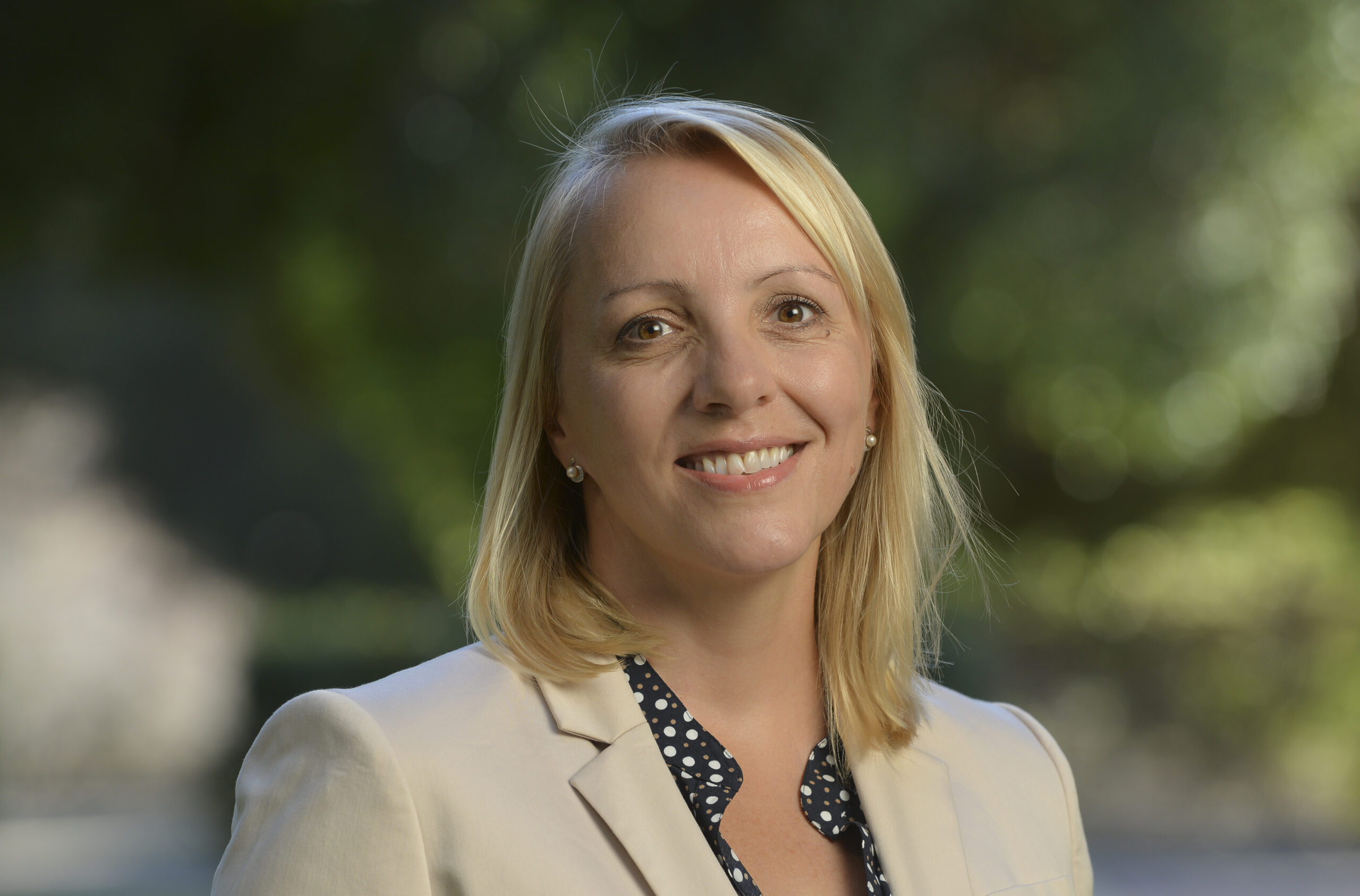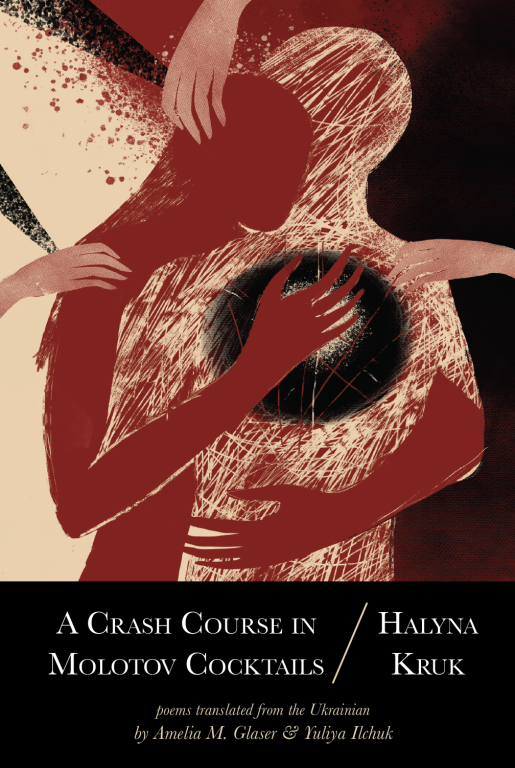
Yuliya Ilchuk is Associate Professor of Slavic Literature and Culture at Stanford University. She is the author of an award-winning book, Nikolai Gogol: Performing Hybrid Identity, and a translator of contemporary Ukrainian poetry. Ilchuk’s most recent book project, The Vanished: Memory, Temporality, Identity in Post-Euromaidan Ukraine, revisits collective memory and trauma, post-memory, remembrance, memorials, and reconciliation in Ukraine.

Judges’ Citation
These poems of witness may be wrought from a horrendous war, composed in times of turmoil and void of leisure, yet the Ukrainian poet Halyna Kruk’s mastery is evident on every page, the keenly observed scenes and perplexing details visualizing the dire situation of her country but also its people’s defiance: ‘war doesn’t suit the rest of the world / like mutilation with an evening gown: / the look’s too heavy / the language too sharp / the details too brutal’.
These poems of witness may be wrought from a horrendous war, composed in times of turmoil and void of leisure, yet the Ukrainian poet Halyna Kruk’s mastery is evident on every page, the keenly observed scenes and perplexing details visualizing the dire situation of her country but also its people’s defiance: ‘war doesn’t suit the rest of the world / like mutilation with an evening gown: / the look’s too heavy / the language too sharp / the details too brutal’. Kruk’s poems grapple with the bare existential questions, every so often turning into prayer, into conversations with a merciless god, pleading to not ‘quiet the voice of anger’. What do you take with you when ‘even keys / are non-essential’? How to maintain hope when realizing that human warmth may be deadly in times of war and its thermal imaging devices, how to cope with the loss of certainties while grasshoppers keep on chirping and shells are landing on the fields like birds of passage? Sometimes tender, offering surprising moments of stubbornly persisting beauty, sometimes bitter and hard, Kruk’s poems are also a reminder for the rest of the world to ‘take us in, like unpleasant medicine’. A necessary and powerful collection.
Selected poems
by Yuliya Ilchuk
choosing a thermal sensor or night-vision device,
you scroll, in wonder, through all these models,
designed for tracking animals,
and spotting shy birds in the wild,
and then, in horror, through those designed for hunting,
for neither beast nor bird deserves this
not the elk, not the stiff carcass of a hare, not the delicate body of a roebuck
flashing past the thermal imager, confused and uncertain:
where to flee? who’s in my rightful place?
a dog’s hot body shows redder than a human’s
how often did it warm you in the trenches, sheltering
from the roaring missiles
the gophers, weasels, moles are so small and unremarkable,
they don’t count
taking aim, you must remember
human warmth is special —
it can kill
Copyright © 2023, Amelia M. Glaser and Yuliya Ilchuk, translated from the Ukrainian written by Halyna Kruk, A Crash Course in Molotov Cocktails, Arrowsmith Press
human warmth
the Ukrainian written by Halyna Kruk
Copyright © 2023, Amelia M. Glaser and Yuliya Ilchuk, translated from the Ukrainian written by Halyna Kruk, A Crash Course in Molotov Cocktails, Arrowsmith Press
mama – i’m a – pit
the Ukrainian written by Halyna Kruk
i love you from all the places.
there’s still a lot of uncharted territory,
you can go on and on, until your forehead hits
the refrigerator magnets,
brought from various countries: we weren’t together here, or there,
and i sent pictures and texts from here, and i called you from there,
a spectacular landscape, a yellow-toothed otter, a bamboo forest
that just stood and stood, guarding the earth,
then one day it began to grow, and shot way up overhead.
the list of cities we must see
when all this is over has grown so long
that i ask myself at dawn in a foreign country,
in some hotel, in an uncomfortable bed:
will we have enough life left for the whole list?
will we have enough headspace
for all that freakish growth?
will we have enough strength for it all?
“there’s one thing you don’t have to worry about,” you joke,
“if we run out of space for magnets,
we’ll buy a bigger refrigerator.”
i love you from all the places.
i return to you from everywhere, like a magnet
Copyright © 2023, Amelia M. Glaser and Yuliya Ilchuk, translated from the Ukrainian written by Halyna Kruk, A Crash Course in Molotov Cocktails, Arrowsmith Press
our unplugged refrigerator
the Ukrainian written by Halyna Kruk